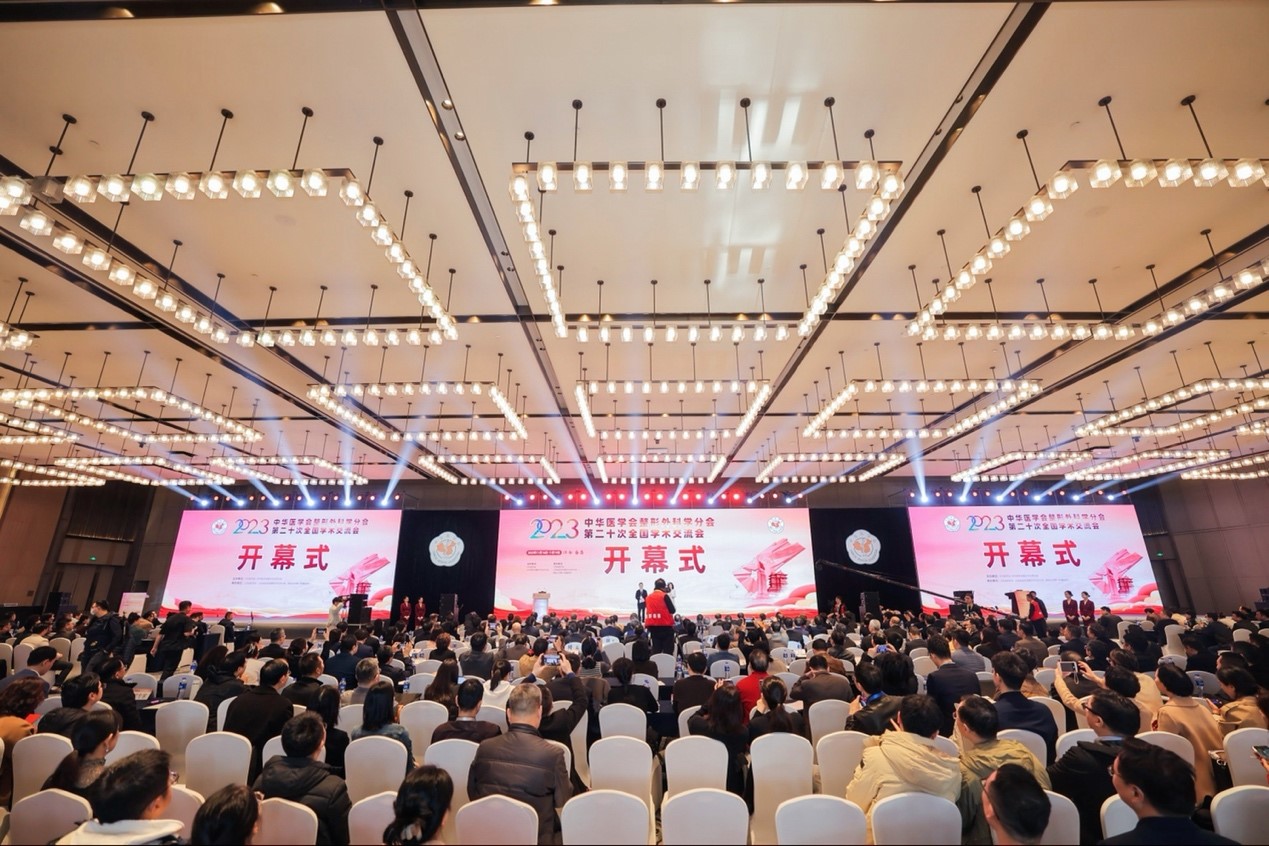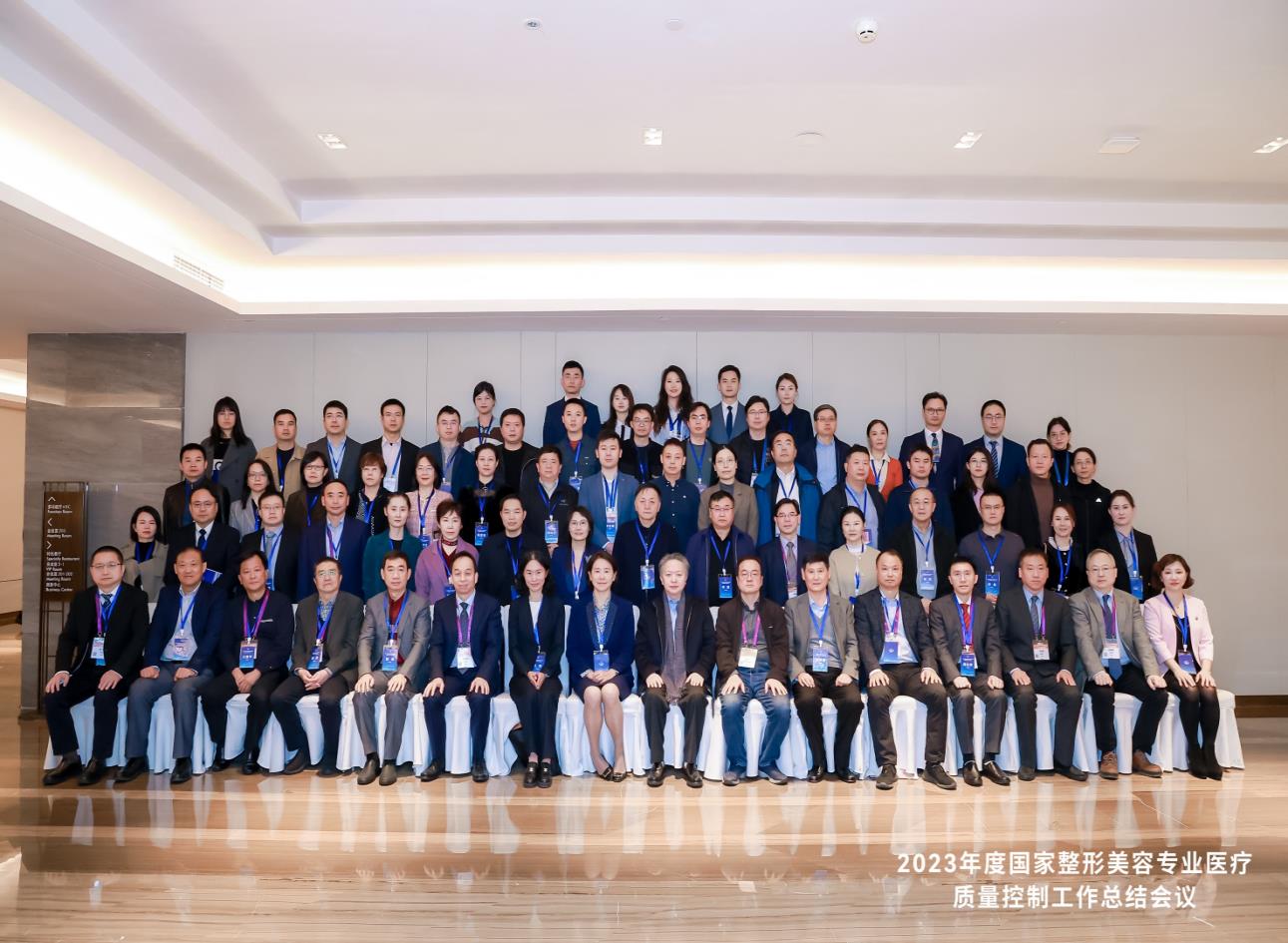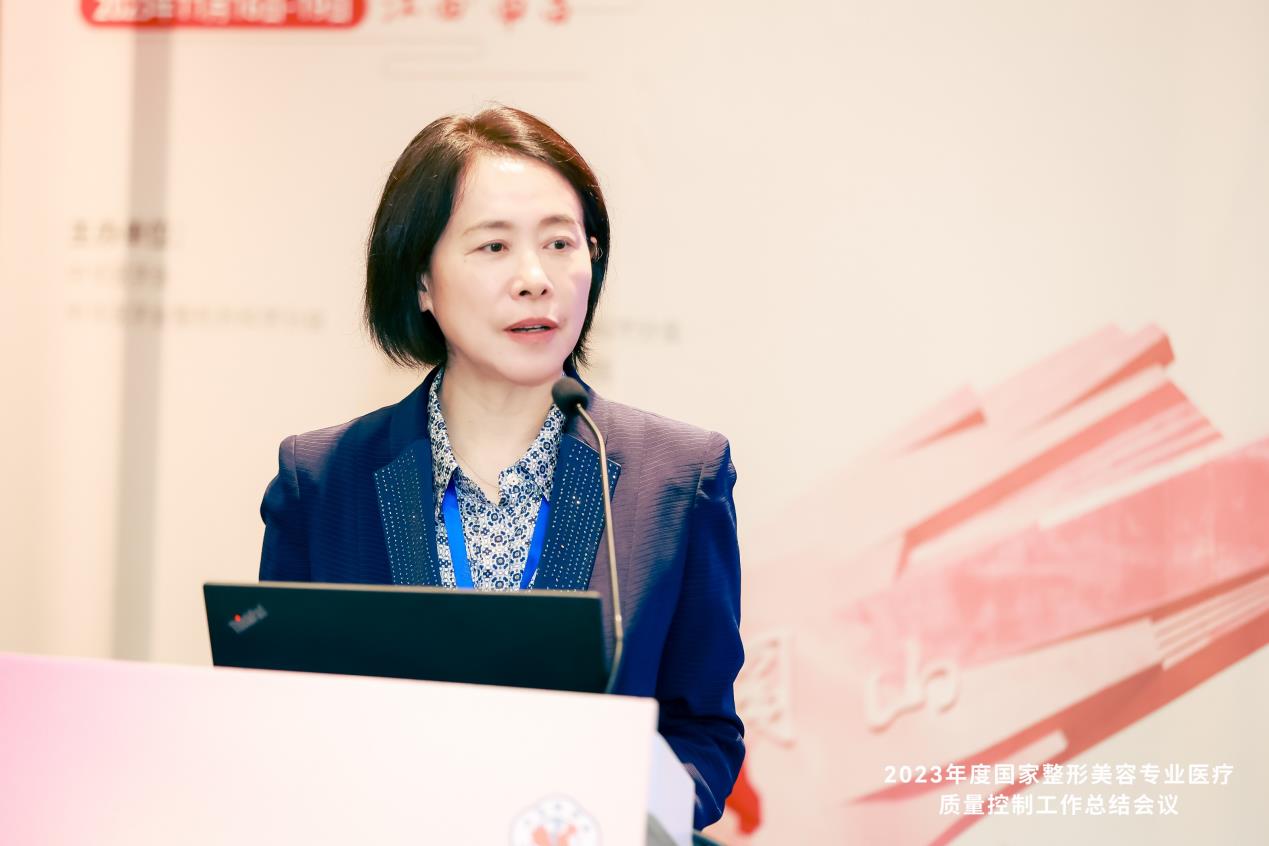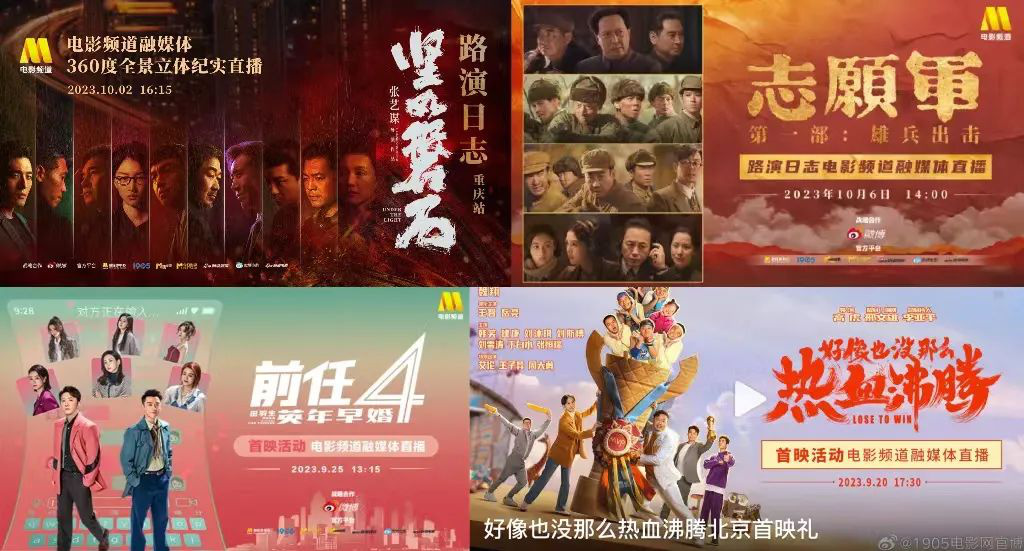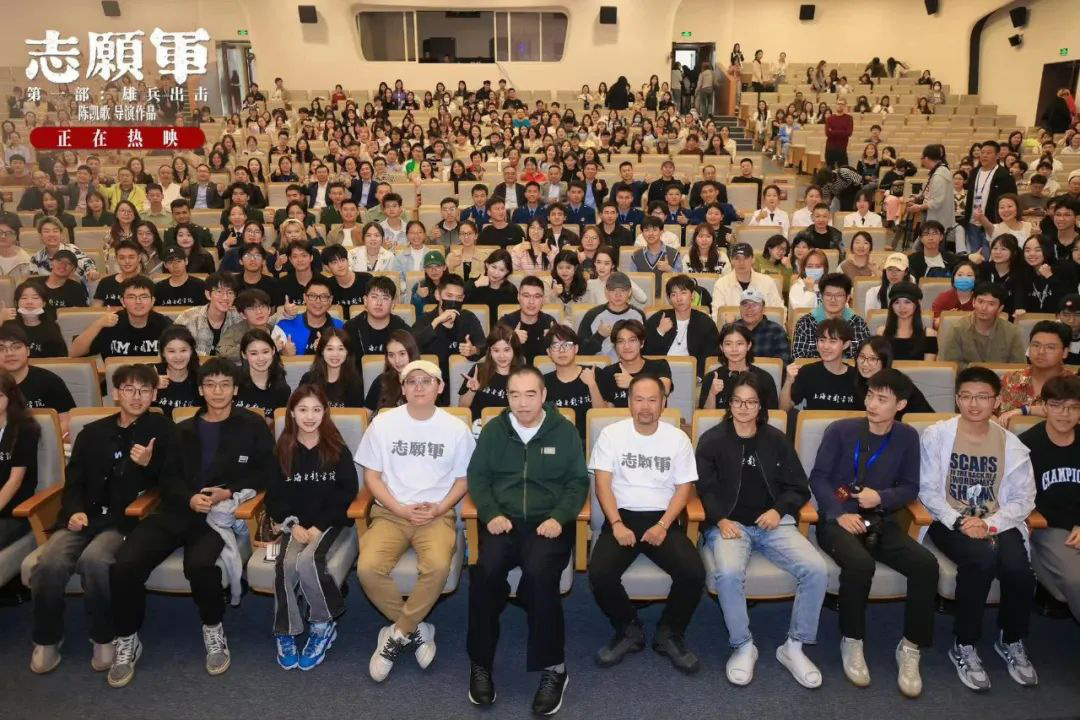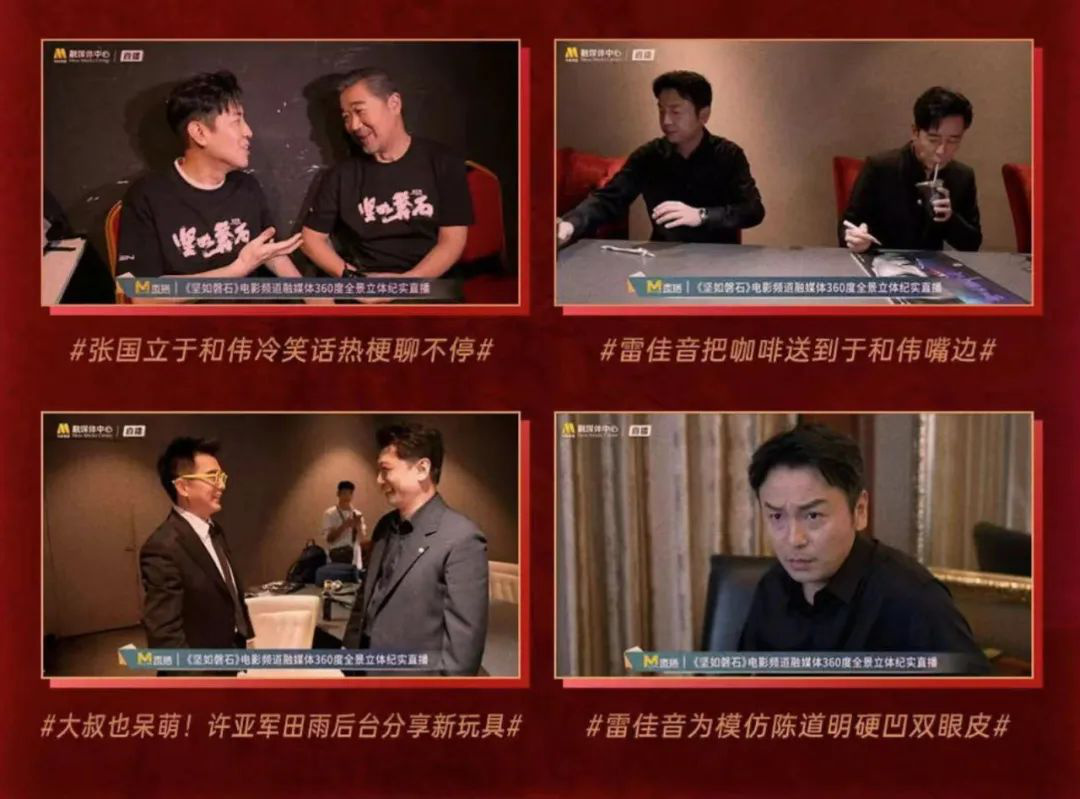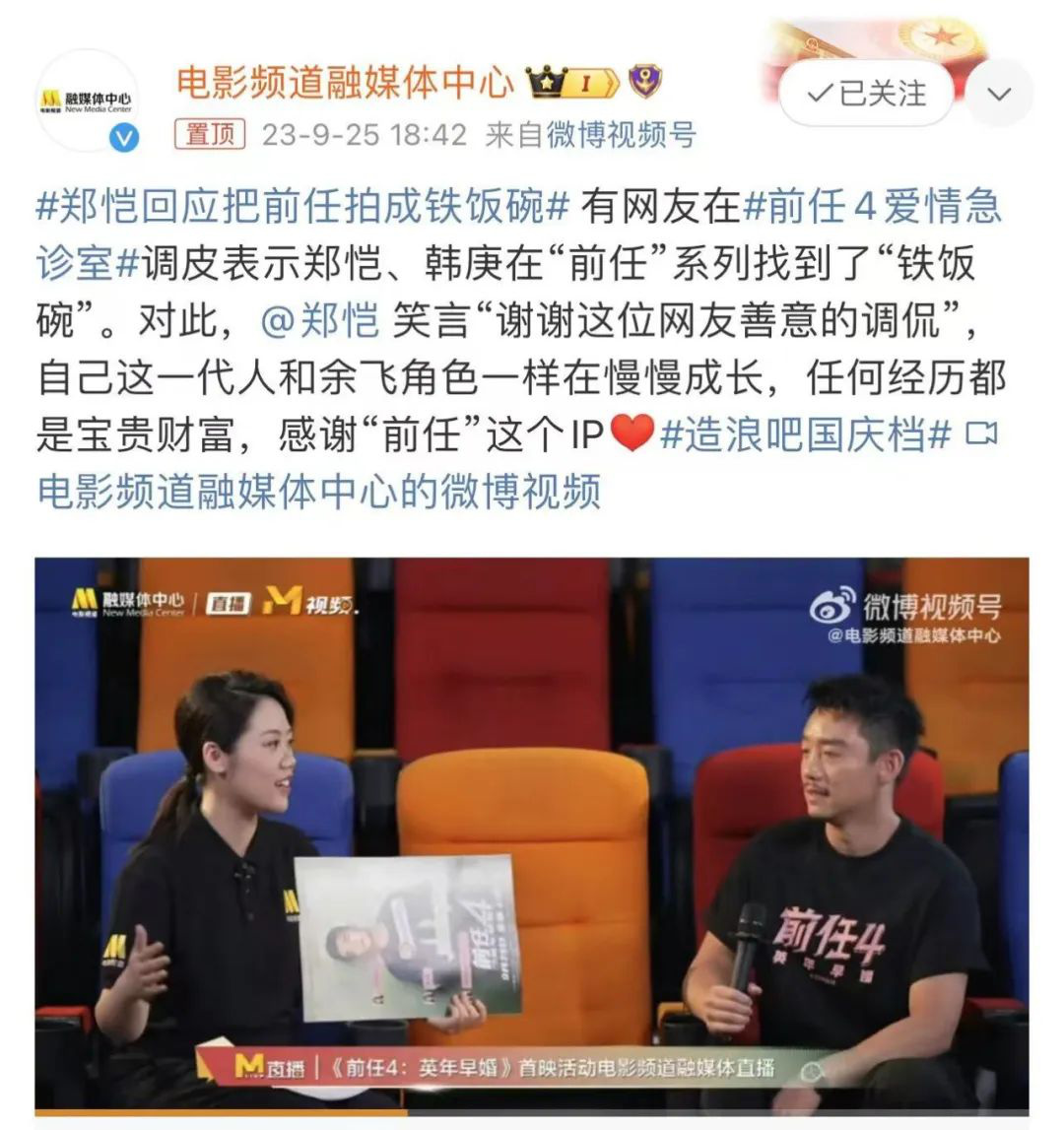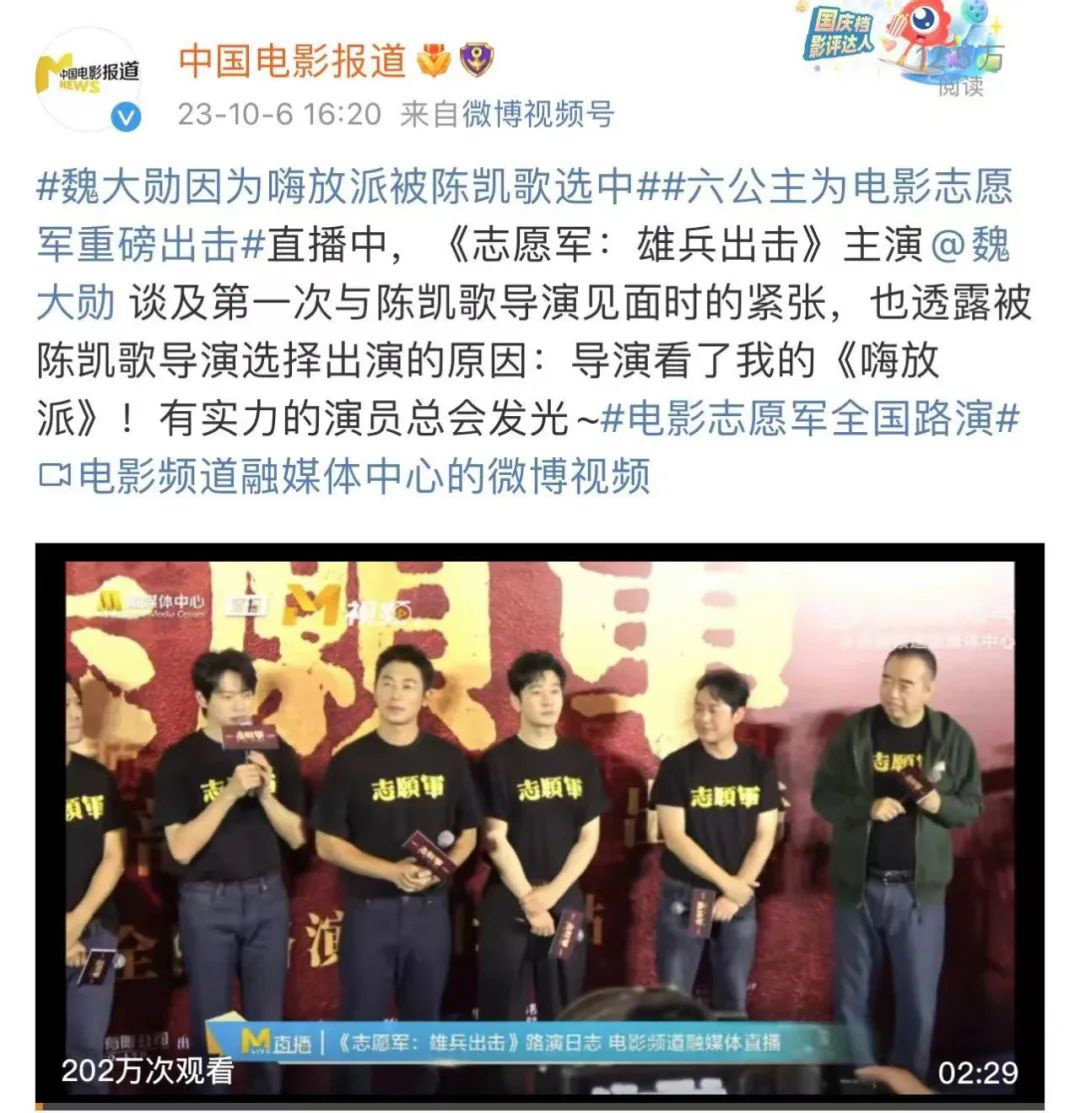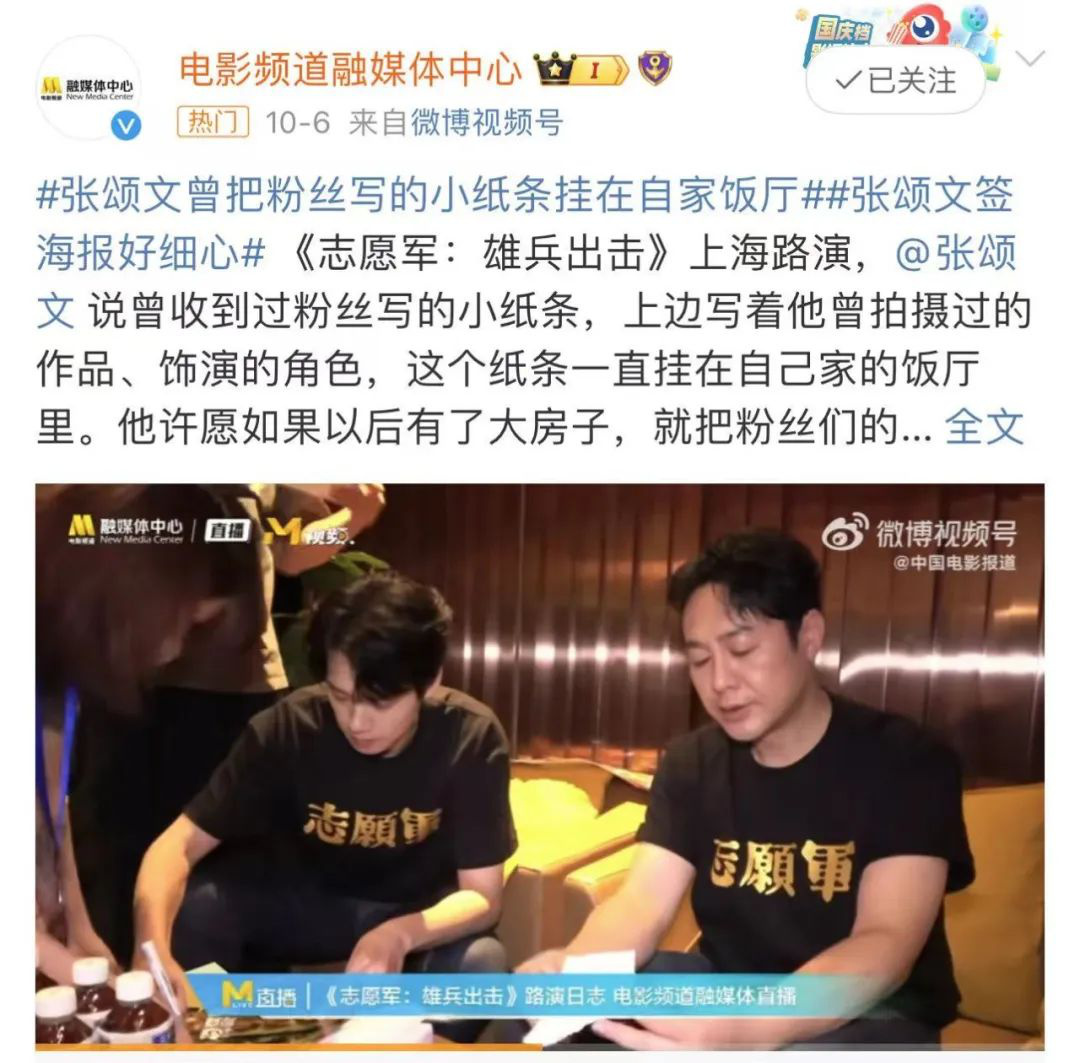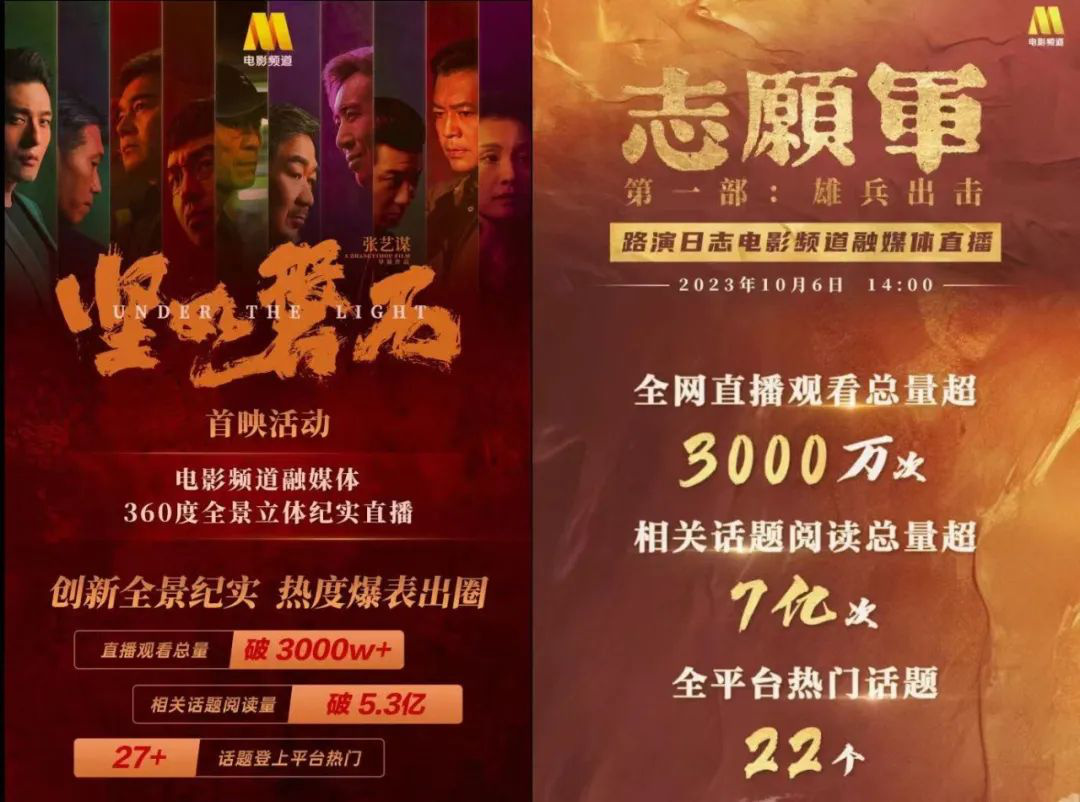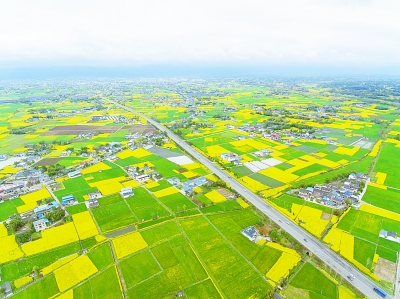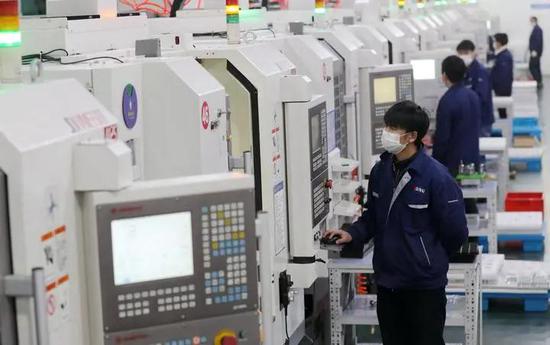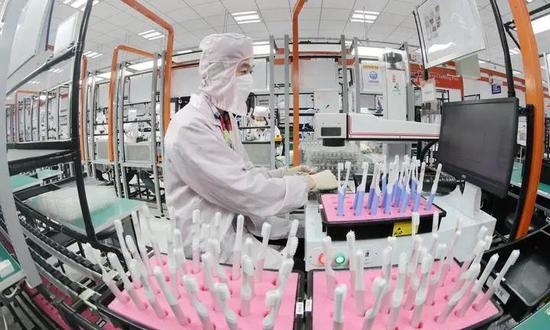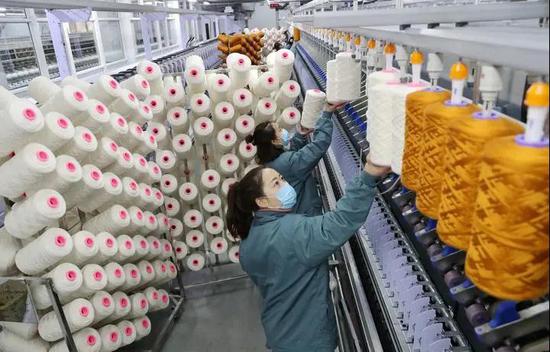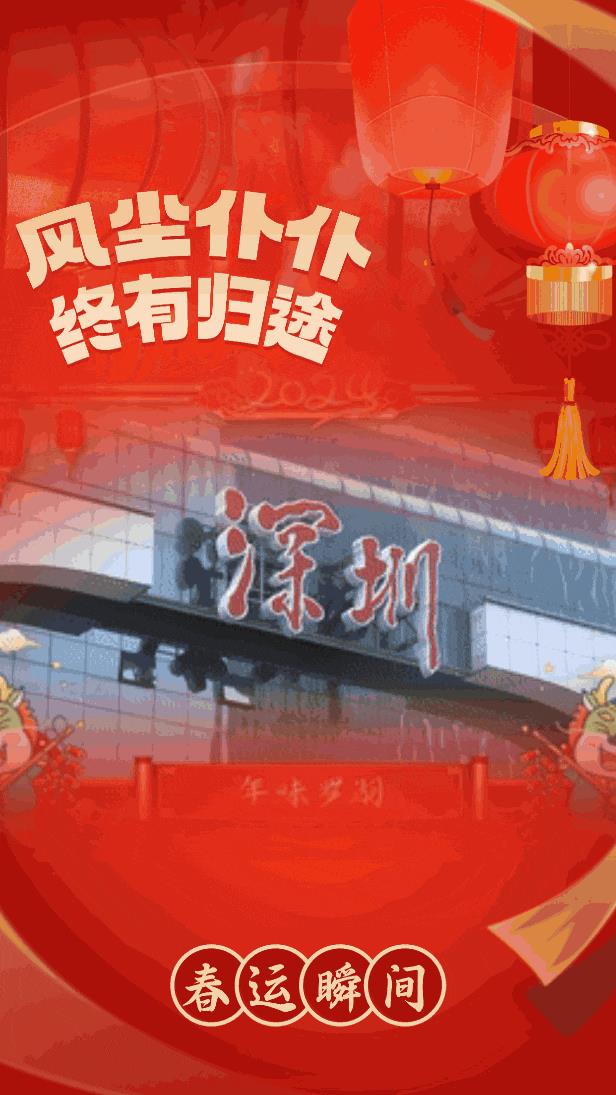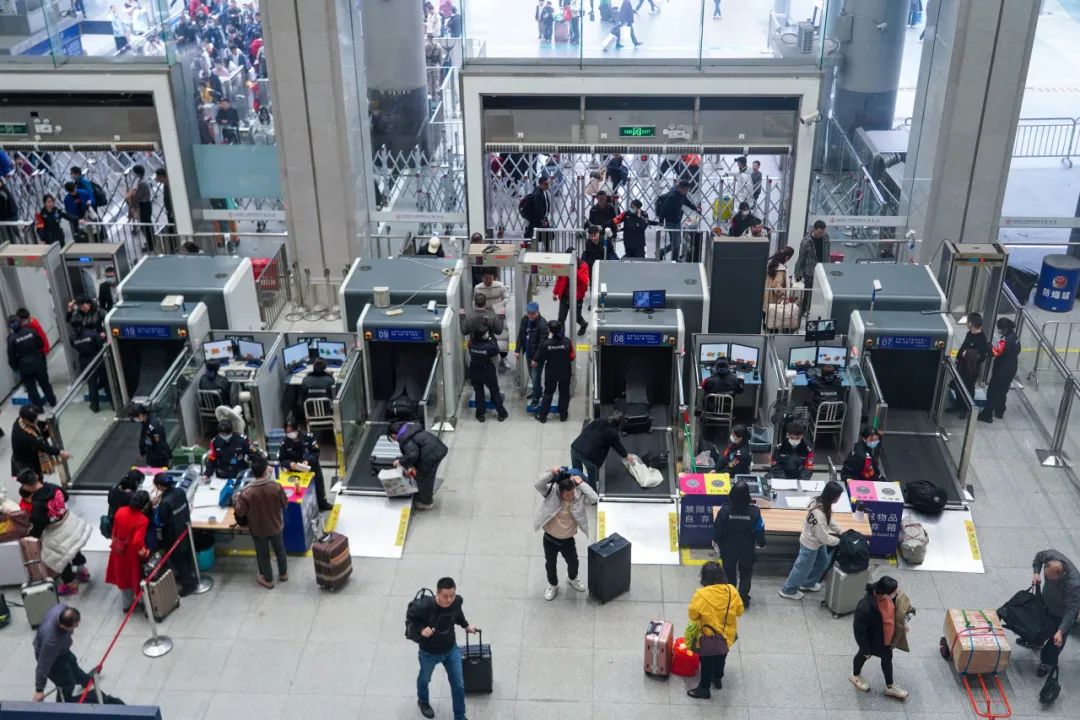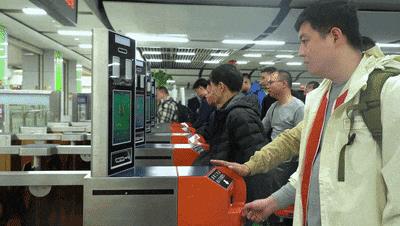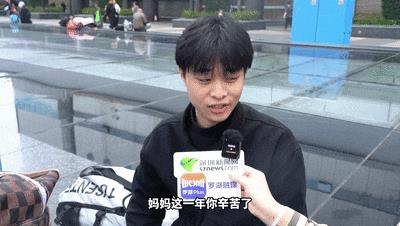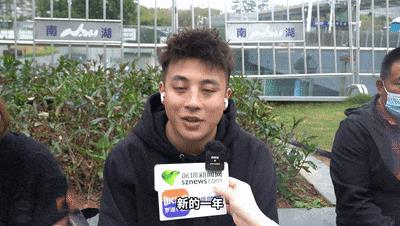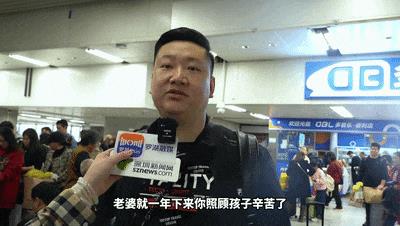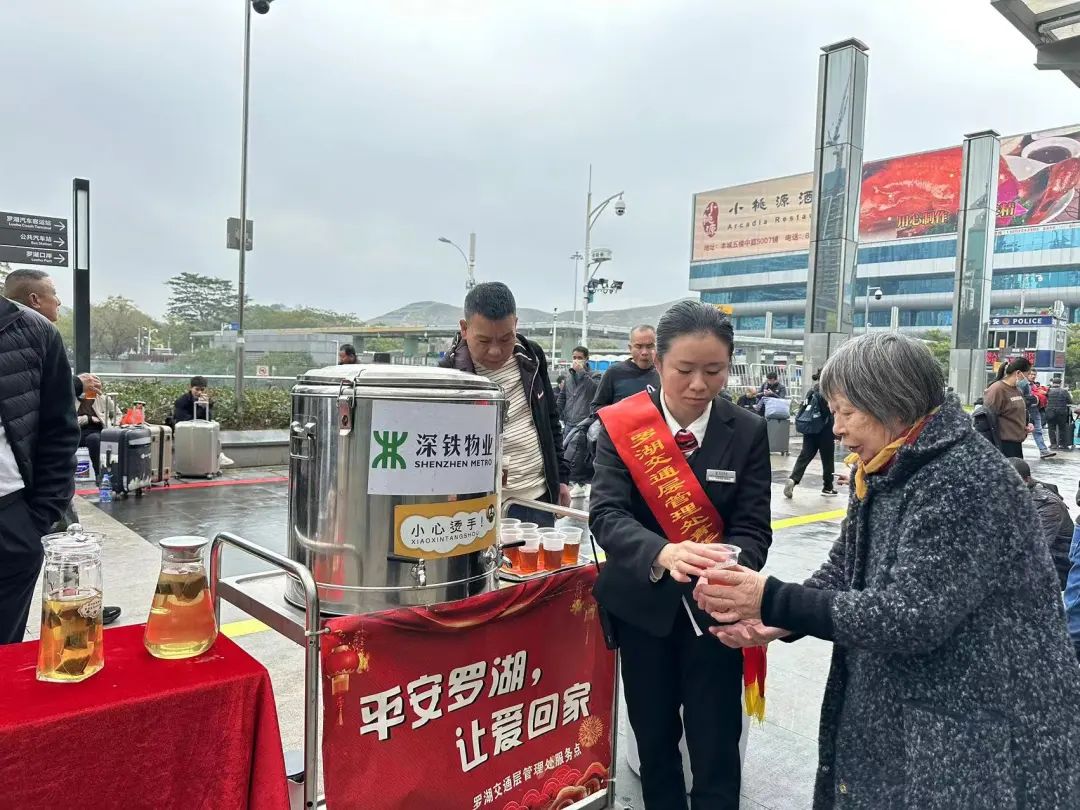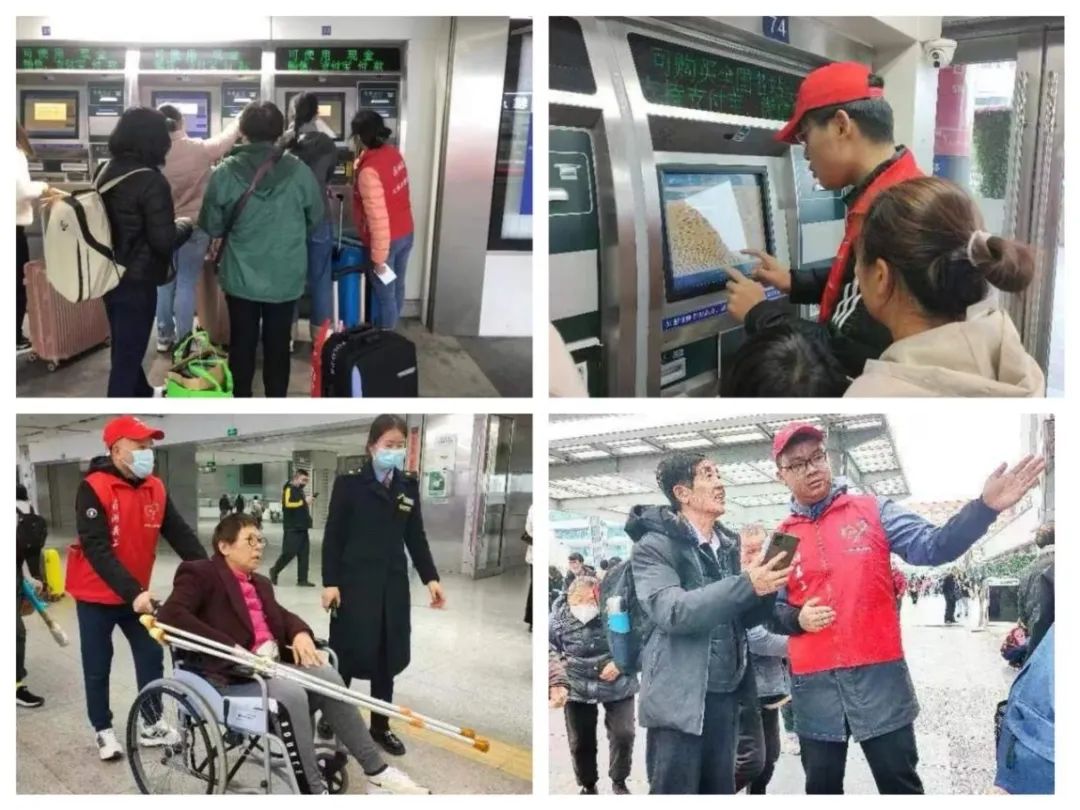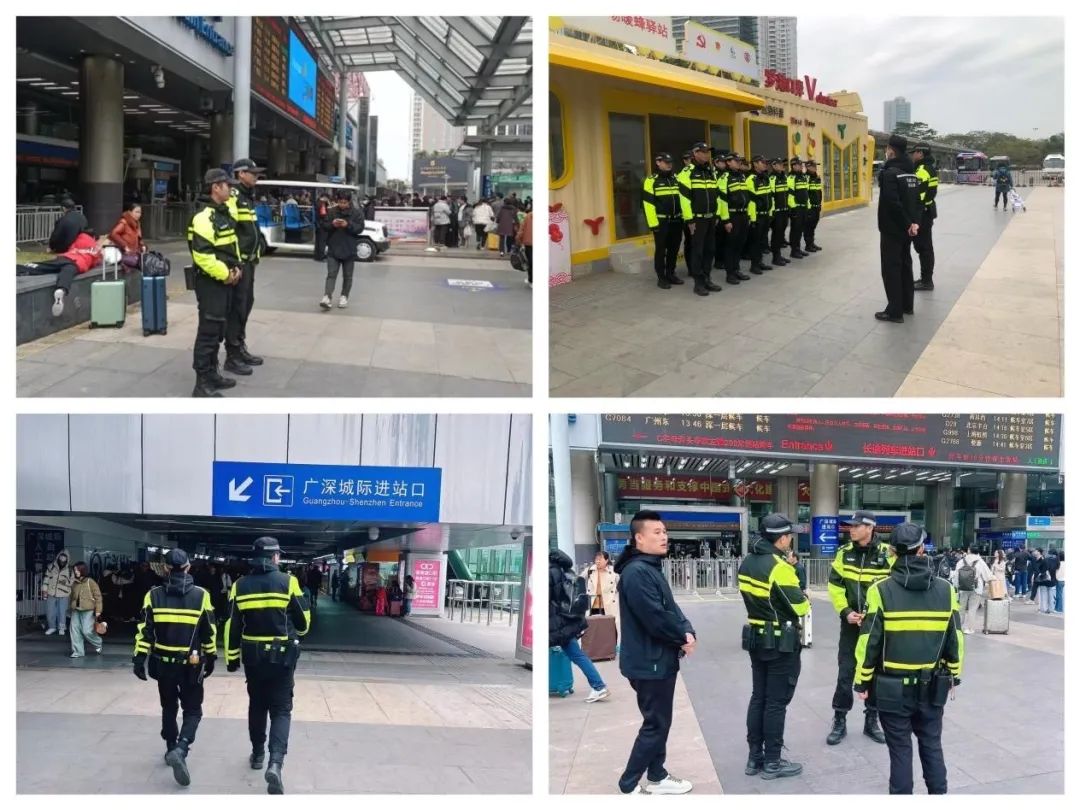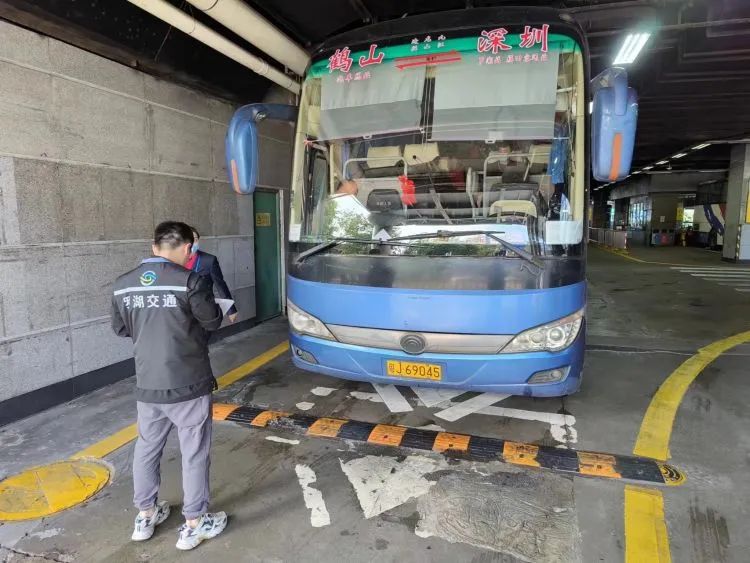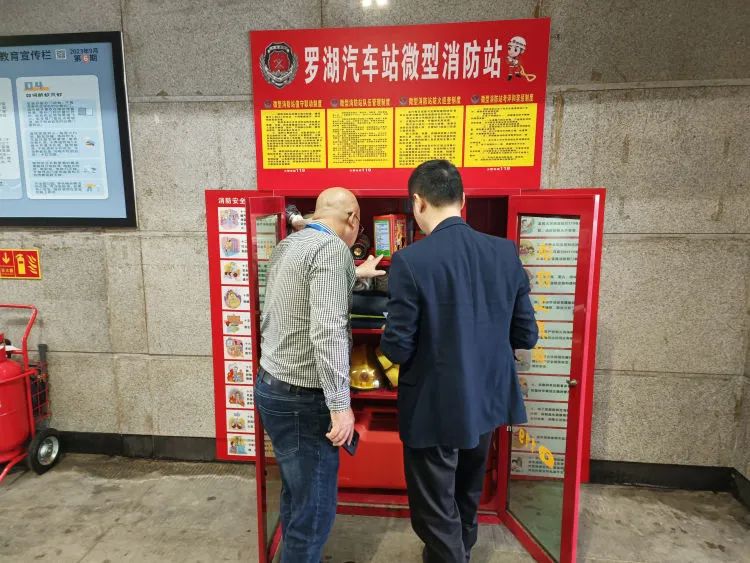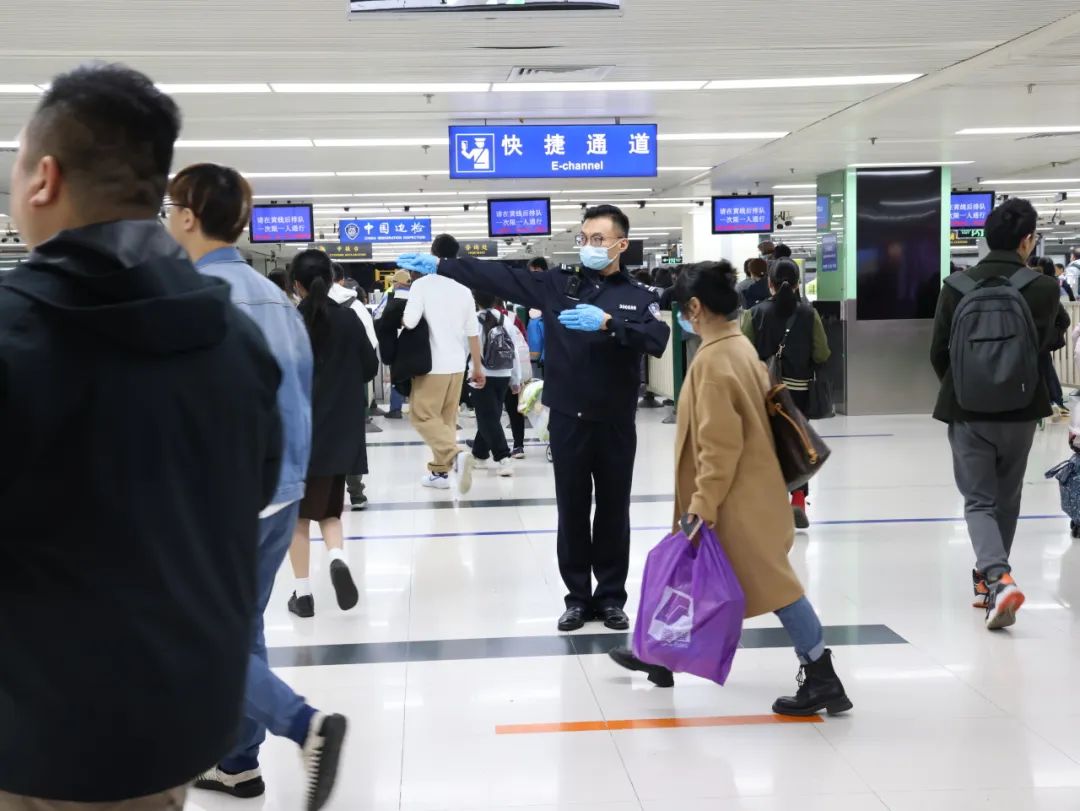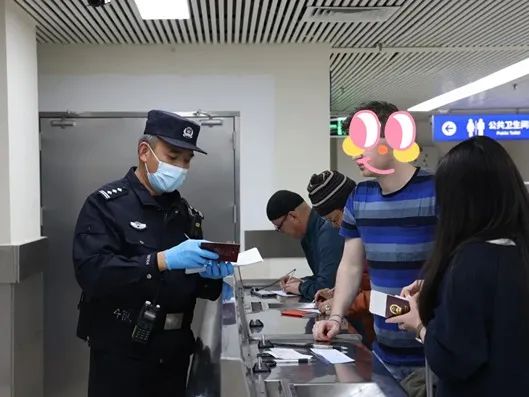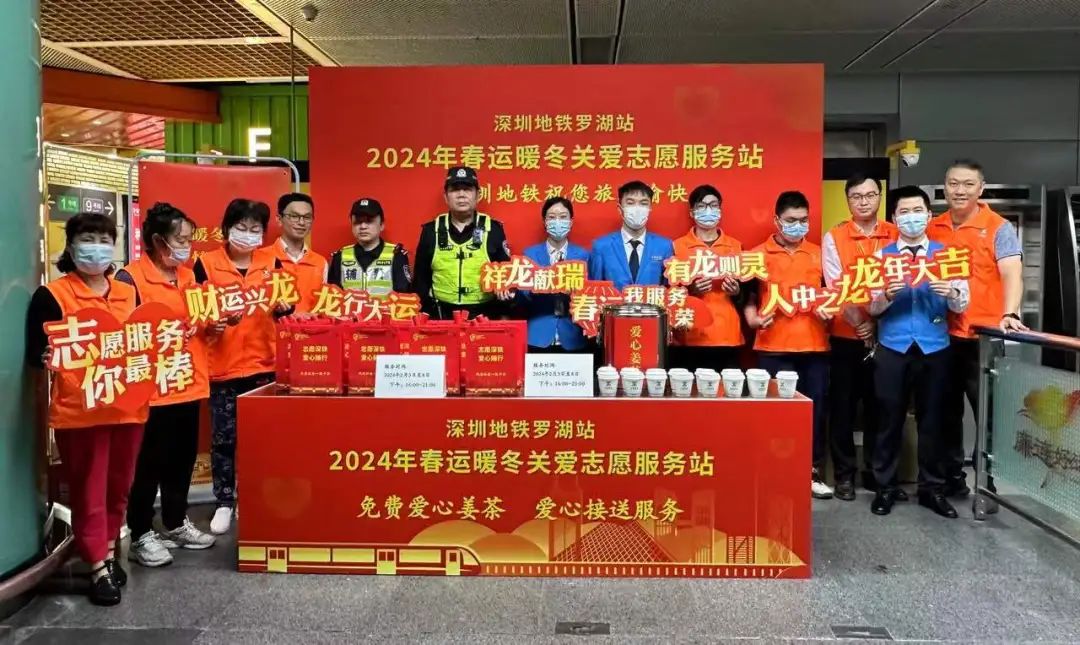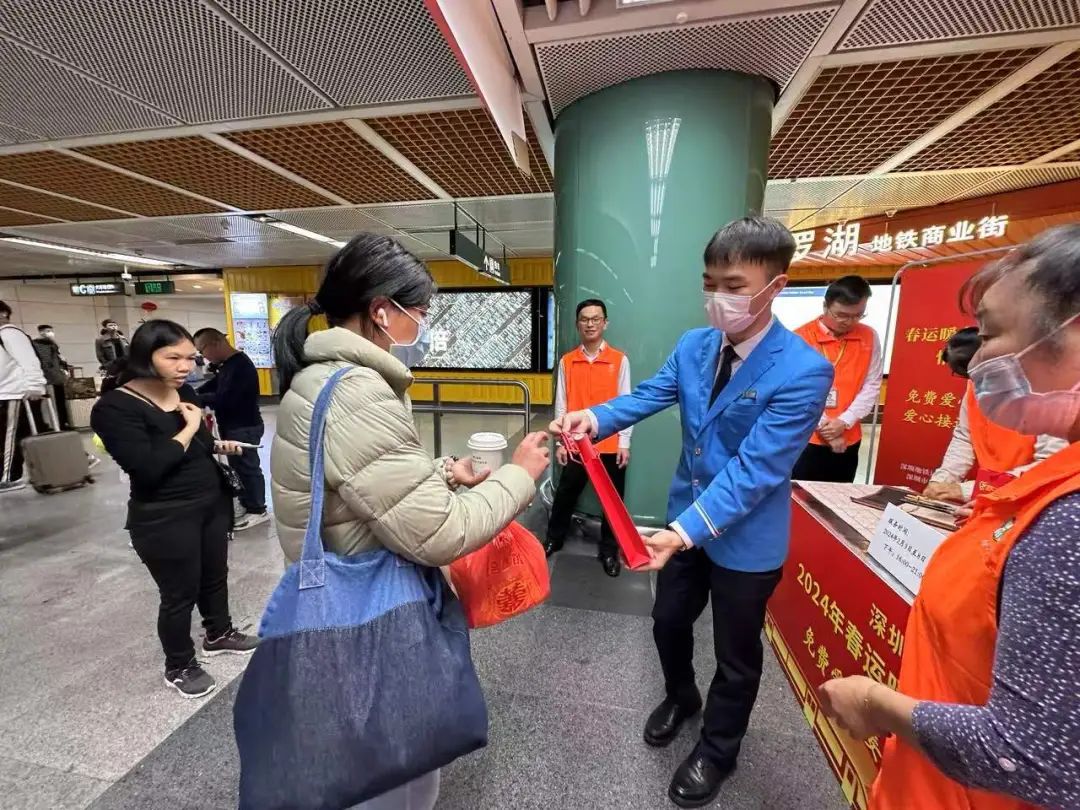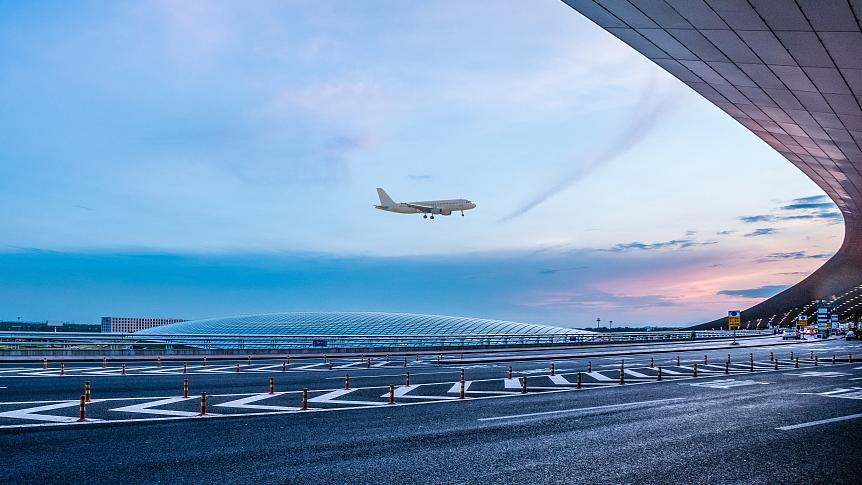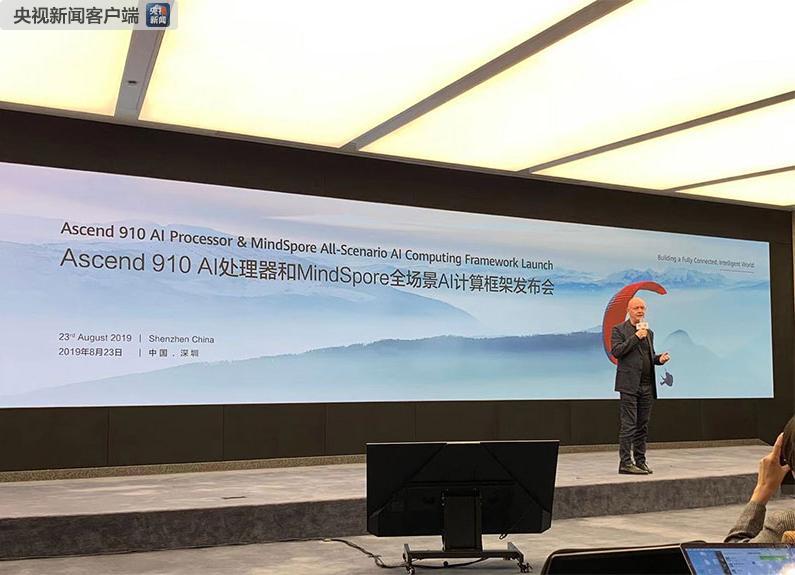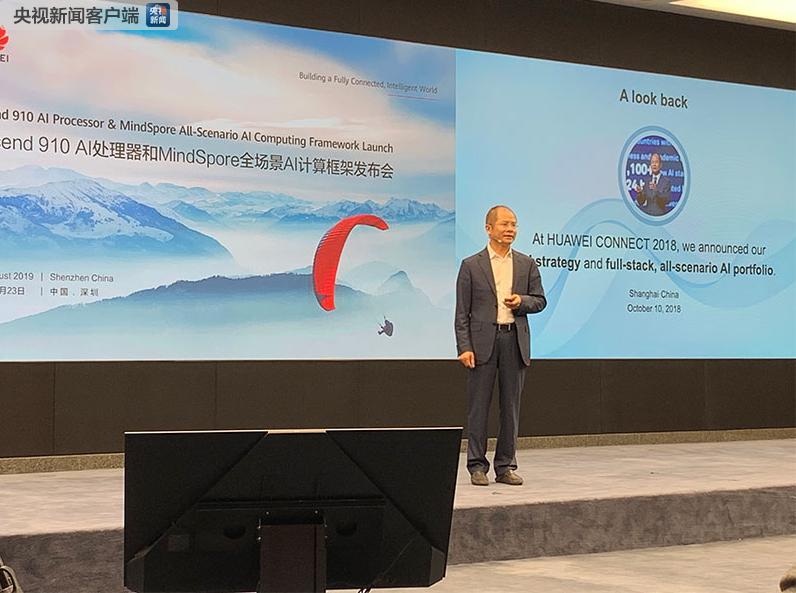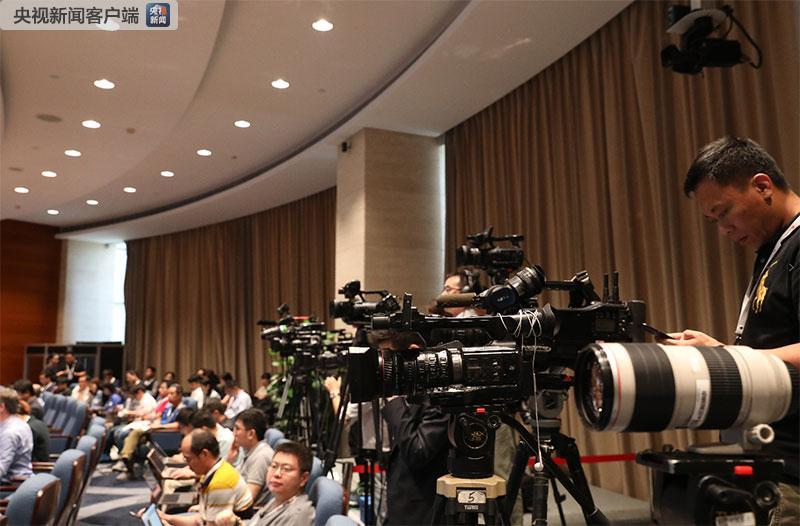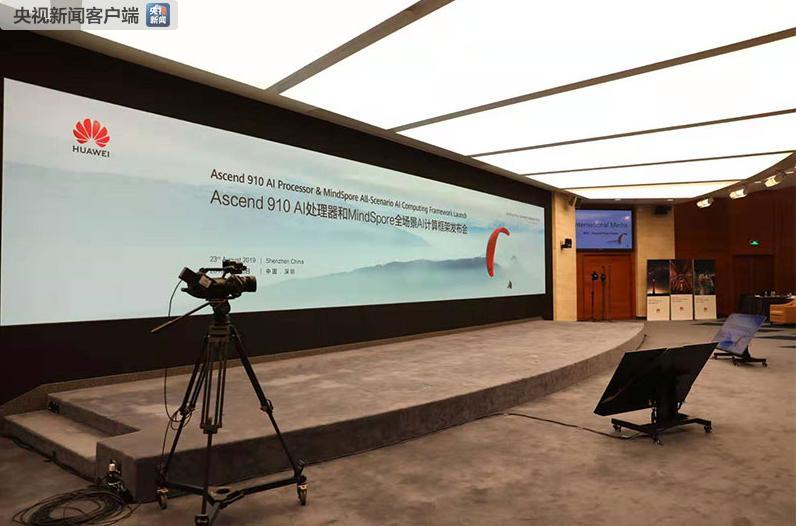Press conference video
At 10: 00 on May 18th, 2021, the Information Office of the Provincial Government held the third press conference of "Starting the 14th Five-Year Plan and Striving for a New Journey" series: writing a new chapter in the development of civil affairs reform in the new era.
Release content:Introduce the achievements made in the civil affairs reform during the 13th Five-Year Plan period and the major plans and major measures in the civil affairs field during the 14th Five-Year Plan period, and answer questions from reporters.
Published by:
Bao Changyong, Party Secretary and Director of Provincial Civil Affairs Department
Shang Yingzhao is a first-class inspector of the Provincial Civil Affairs Department.
Member and Deputy Director of the Party Group of Meng Lingwu Provincial Civil Affairs Department
Member and Deputy Director of the Party Group of Gao Donghai Provincial Civil Affairs Department
Party member and deputy director of the Civil Affairs Department of Dang Peihong Province
Huang Shouxi, Deputy Mayor of Puyang Municipal People’s Government
Ma Tonghe, deputy secretary of Ningling County Party Committee and county magistrate
Moderator:
Niu Suling, Second Inspector of Propaganda Department of Provincial Party Committee
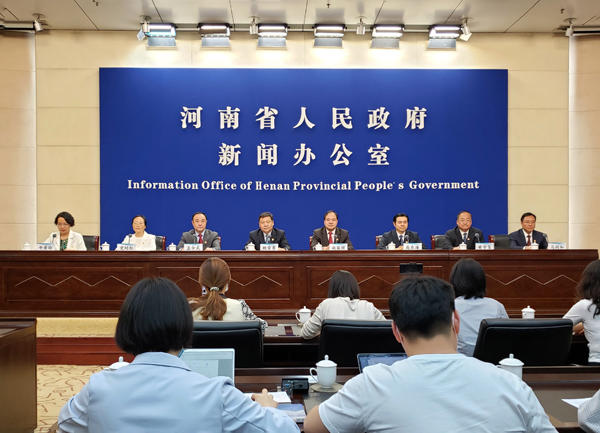
Niu Suling, Second Inspector of Propaganda Department of Provincial Party Committee
Ladies and gentlemen, friends from the press,
Hello everyone! Welcome to the press conference held by the Information Office of Henan Provincial People’s Government.
The General Secretary of the Supreme Leader emphasized that civil affairs is related to people’s livelihood and people’s hearts, and it is the basic and basic work of social construction. Henan is a province with a large population and civil affairs work. Today, we are here to hold the third press conference in the series of "Starting the 14th Five-Year Plan and Striving for a New Journey", focusing on the development achievements of civil affairs in our province during the 13th Five-Year Plan period and the major plans and major measures for the development of civil affairs during the 14th Five-Year Plan period, and answering questions from reporters.
First of all, let me introduce the publisher who attended today’s conference:
Mr. Bao Changyong, Party Secretary and Director of the Provincial Civil Affairs Department;
Mr. Shang Yingzhao, the first-class inspector of the Provincial Civil Affairs Department;
Mr. Meng Lingwu, member of the Party Group and Deputy Director of the Provincial Civil Affairs Department;
Mr. Gao Donghai, member of the Party Group and Deputy Director of the Provincial Civil Affairs Department;
Ms. Dang Peihong, member of the Party Group and Deputy Director of the Provincial Civil Affairs Department;
Mr. Huang Shouxi, Vice Mayor of Puyang Municipal People’s Government;
Mr. Ma Tonghe, deputy secretary of Ningling County Committee and county magistrate.
First of all, please ask Mr. Bao Changyong to introduce the overall situation.
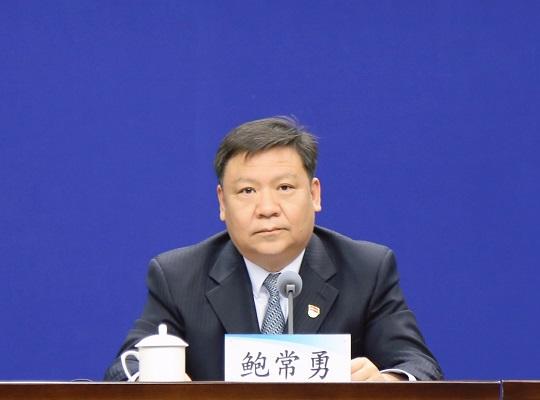
Bao Changyong, Party Secretary and Director of the Provincial Civil Affairs Department
Friends of the press:
Good morning everyone! First of all, thank you for your long-term concern, help and strong support for the civil affairs work in our province! The development achievements of civil affairs in our province during the "Thirteenth Five-Year Plan" and the development plan of civil affairs during the "Fourteenth Five-Year Plan" in 2020 are introduced as follows:
During the "Thirteenth Five-Year Plan" period, the province’s civil affairs system adhered to the guidance of the supreme leader Socialism with Chinese characteristics Thought in the new era, focused on the center, served the overall situation, focused on poverty alleviation, focused on special groups, focused on the concerns of the masses, and fully fulfilled the responsibilities of basic livelihood security, grassroots social governance, and basic social services. The development of the province’s civil affairs has reached a new level. Won the "Excellent Province for Comprehensive Evaluation of Civil Affairs Key Work", was rated as "Good" in the assessment of poverty alleviation in the whole province, and was rated as an excellent province for performance evaluation of relief work for people in need by the Ministry of Civil Affairs and the Ministry of Finance.
On the whole, the "Thirteenth Five-Year Plan" period is a five-year period for Henan civil affairs to concentrate on major events. The province issued a total of 58.8 billion yuan in subsidies for people in need, raised the minimum living standard for urban and rural areas seven times, raised the basic living standard for orphans twice in a row, and fully implemented the temporary assistance system, with the number of people rescued reaching 1.337 million. Keep the bottom line of people’s livelihood security. The "Thirteenth Five-Year Plan" period is a five-year period for Henan civil affairs to seek innovation, change and breakthrough. A number of policies to benefit the people have achieved breakthroughs from scratch. We have established a coordination mechanism for the basic living security of the needy people at the county level, a system for providing assistance and support for the destitute people, a dynamic adjustment mechanism for the minimum living standard, and a linkage mechanism for linking social assistance and security standards with rising prices, promoted the promulgation of the Regulations on the Protection of the Rights and Interests of the Elderly in Henan Province, established an allowance system for the elderly, comprehensively established a "two subsidies" system for the disabled, fully implemented the de facto child care policy, and achieved full coverage of the funeral and welfare policy. The "Thirteenth Five-Year Plan" period is a five-year period for Henan civil affairs to lay a solid foundation. Strengthen the construction of urban community day care centers and rural pension service facilities. During the "Thirteenth Five-Year Plan" period, the central budget supported 84 pension projects with a capital of 820 million yuan. For three years in a row, the standardized community with "one center and seven centers" and community pension service facilities were included in the annual key work, and 2,500 standardized communities were built. Social organizations developed healthily and orderly, and social work and volunteer services flourished. The "Thirteenth Five-Year Plan" period is a five-year period for Henan civil affairs to make up for shortcomings and make breakthroughs. Carry out the "big visit and big investigation" activities of the province’s civil affairs work,Strengthen the investigation of potential risks of grass-roots civil affairs service institutions, feedback tens of thousands of rectification problems, and there has not been a safety accident in the past five years. The "five major projects" of safety, cleanliness, warmth, culture and rehabilitation of township nursing homes have been deployed nationwide, which has completely changed the face of nursing homes in the province.
Civil affairs work is related to people’s livelihood and people’s hearts. During the "Fourteenth Five-Year Plan" period, the civil affairs departments at all levels in the province will continue to thoroughly implement the spirit of the important exposition of the Supreme Leader General Secretary on civil affairs, and strive to write a new chapter in the development of civil affairs under the leadership of the provincial party Committee and the provincial government.
First, focus on poverty alleviation and continuously improve the basic livelihood security level. Improve the social assistance security system. Adhere to and improve the basic livelihood security system, improve the basic livelihood security service system, and steadily promote reform and innovation. Consolidate the achievements of poverty alleviation. We will improve and perfect the long-term mechanism to prevent poverty, and realize the effective connection between the achievements of consolidating and expanding poverty alleviation and the rural revitalization.
Second, focus on special groups and strive to improve the care and protection system. Improve the welfare level of the disabled. Promote the establishment of a dynamic adjustment mechanism for the "two subsidies" standards. Promote community rehabilitation services for mental disorders. By 2025, more than 80% of counties (cities, districts) will carry out community rehabilitation for mental disorders, and more than 60% of patients at home will receive community rehabilitation services. Strengthen the care and protection of children. By 2025, we will ensure that each provincial city has a regional child welfare institution that integrates "fostering, treating, educating and rehabilitating+social work". Strengthen and improve the rescue management of vagrants and beggars who have no life. Strengthen the "internet plus" family tracing service, and promote the settlement of long-term stranded personnel.
Third, focus on the concerns of the masses and strive to improve the old-age service system. Strengthen the construction of community old-age service facilities. Incorporate the old-age service facilities into the plan according to the standards, and strive to achieve full coverage of urban community old-age service facilities in the province within five years. Strengthen the construction of rural old-age service facilities. The construction of rural old-age service system at county, township and village levels will be included in the "14 th Five-Year Plan" major projects.
Fourth, pay attention to strengthening the foundation and continuously improve the level of grassroots social governance. Strengthen the construction of grass-roots mass autonomous organizations. Do a good job in the election of the village (community) "two committees" and select and strengthen the village (community) "two committees" team. Strengthen the standardized community construction of "one with seven centers". According to the standard that the area of comprehensive service facilities per 100 households is not less than 30 square meters, comprehensive service facilities in urban and rural communities will be built. Promote the healthy and orderly development of social organizations. Strengthen the party building of social organizations, strengthen supervision after the event, and enhance the ability of social organizations to serve social and economic development, the masses and the service industry. Vigorously develop social work and voluntary service. Within five years, achieve full coverage of social work in all counties (cities, districts). Actively promote the linkage mechanism of "social workers+volunteers".
Five, pay attention to the convenience and benefit of the people, and constantly improve the basic social service capacity. Promote marriage registration to facilitate and benefit the people. Further explore the "marriage registration in internet plus" to further improve the convenience service level. Strengthen the management of geographical names and boundaries. Focusing on the overall situation of new urbanization construction in our province, we will steadily and cautiously promote the adjustment of zoning. Effectively strengthen the management of naming and renaming place names. Further promote the construction of a safe border.
Six, comprehensively deepen reform and innovation, and enhance the vitality of the development of civil affairs. Accelerate the construction of digital civil administration. Full implementation of "internet plus Civil Affairs Service". Deepen the reform of funeral. Implement the policy of funeral and burial for the benefit of the people and advocate a new style of civilized funeral and burial. Improve grassroots service capabilities. Systematically ensure that grassroots civil affairs departments have platforms, money, people and places to serve.
The new blueprint has a bright future and the new journey is inspiring. Doing a good job in civil affairs during the 14 th Five-Year Plan period is of great significance and glorious mission. We will carefully plan the development of civil affairs during the 14 th Five-Year Plan period and demonstrate the power of civil affairs in the new journey of building a socialist modern Henan in an all-round way! thank you
Niu Suling
Thank you, Director Bao, for your detailed release! Next is the on-site questioning session. Welcome journalists and friends to ask questions about the relevant contents of this press conference. Please inform your news media before asking questions.
People’s Daily People’s Daily reporter
We have learned that "promoting the full coverage of towns (streets) in social work service stations" has been written into the outline of Henan’s 14 th Five-Year Plan. Excuse me, what is the current progress of this work in Henan? Thank you.
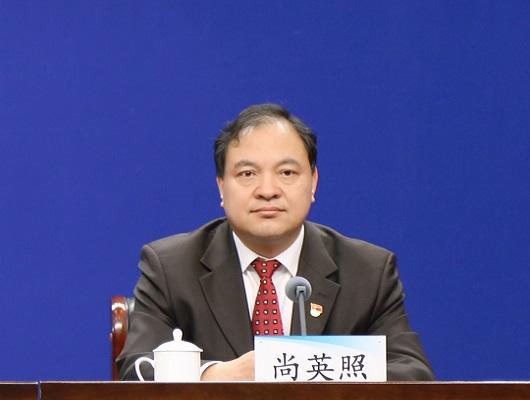
Shang Yingzhao, First Inspector of Provincial Civil Affairs Department
Thank you for your question. Promoting the construction of township (street) social work service stations is an important action to implement the spirit of the important instructions of the Supreme Leader General Secretary on civil affairs and social work, promote the rural revitalization strategy and extend social services to the grassroots, and is an effective means to open up the "last mile" of serving the people and strengthen the grassroots foundation of civil affairs. The General Office of the State Council City, the General Office of the Central Committee of the CPC issued the Opinions on Accelerating the Revitalization of Rural Talents, which clearly put forward "strengthening the construction of rural social work talents and accelerating the construction of township social work stations". The Ministry of Civil Affairs held a meeting to strengthen the construction of social work talents in towns (streets), and Minister Li Jiheng demanded "full coverage of social work stations in towns (streets) during the 14 th Five-Year Plan period". Our province conscientiously implemented the decision-making arrangements of the CPC Central Committee and the State Council, actively, steadily and orderly promoted the construction of social work stations, and achieved remarkable results in the following aspects:
First, party committees and governments at all levels attach great importance to it. The 14th Five-year Plan for National Economic and Social Development in Henan Province and the Outline of the Long-term Goals in 2035 included "promoting the full coverage of township (street) social work service stations" in the "short-board action of basic capacity and people’s livelihood". Vice Governor Dai Baihua made special instructions on the construction of social work stations, demanding "strengthening organizational leadership, improving work measures, and promoting the successful completion of construction tasks on schedule". Party committees and governments at all levels have incorporated the construction of social work stations into corresponding plans and outlines in accordance with the deployment requirements of provincial party committees and provincial governments to promote the implementation of tasks.
Second, civil affairs departments at all levels have taken active actions. Civil affairs departments at all levels actively strive for the support of party committees and governments, and put the construction of social work talents in towns (streets) into the important agenda, and make careful arrangements for deployment. The first is to formulate a plan. The Provincial Civil Affairs Department issued the implementation plan of the social work station project, and determined the idea of "starting in one year, spreading in two years, completing in three years and upgrading in five years". Seventeen provincial cities and seven counties (cities) in the province have issued policy documents on the construction of local social work stations. The second is to determine the pilot. There are 512 townships (streets) in the province included in the first batch of pilot projects, with project funds of more than 55 million yuan and 70 demonstration social work stations built. Among them, Luohe is promoted by the whole city, and Jinshui District, Guancheng District, Zhongyuan District, Zhengdong New District, Ruzhou City, Ningling County and wen county are promoted by the whole county (city, district) system. The third is to advance in an orderly manner. Civil affairs departments at all levels have ensured the steady, orderly and high-quality progress of the pilot work by focusing on standard construction, professional services, publicity and promotion, and team building.
Third, the construction of demonstration sites promotes the vigorous development of social work services. First, a number of grassroots civil affairs public service platforms have been initially established. All localities actively integrate Children’s Home, day care centers, service centers for the elderly and other service facilities to promote social work services to the grassroots. Second, a number of social work service projects have been implemented. More than 100 social work organizations and more than 5,000 social workers in the province have established more than 300 social work psychological assistance service platforms to help prevent and control the epidemic. Zhengzhou organized the "Child Protection Action" to provide services such as policy propaganda, psychological counseling and social adaptation for 205 and 2,346 children in distress. Third, a number of grassroots civil service forces have been trained. The number of social work service agencies and voluntary service organizations has increased rapidly, and the capacity of civil service has been continuously improved. Fourth, a number of advanced models of social work services have been created. All localities have actively carried out the work of establishing standardized demonstration of social work services, and a number of outstanding social work service institutions and advanced models of social workers have emerged.
At present, the construction of social work stations in the province has just started, and there is still a lot of work to be done in the next step: First, we must increase publicity and create a good atmosphere. It is necessary to actively publicize the significance of the construction of social work stations, create a good atmosphere, and gather a strong synergy to promote the development of social work. Second, we should strengthen supervision and guidance and popularize the pilot experience. It is necessary to strengthen supervision and research, timely evaluate the effectiveness of the pilot work of social work stations, optimize functional orientation, construction standards and service content, sum up and promote advanced work experience in various places, and build a number of social work stations with demonstration and leading role. Third, we must strengthen organizational leadership and ensure the implementation of tasks. It is necessary to further improve the working mechanism, strengthen communication and coordination, compact work responsibilities, and ensure that the construction of social work stations is successfully completed on schedule.
The construction of township (street) social work stations is related to consolidating the ruling foundation of the party, the long-term development of civil affairs, the well-being of people’s livelihood and the quality of social construction. Let’s closely unite around the CPC Central Committee with the Supreme Leader as the core, further emancipate our minds, forge ahead and innovate in practice, and strive to create a new situation in the construction and development of social work talent teams in towns (streets) in Henan! Thank you!
China news service reporter
Among all kinds of ways of providing for the aged, home care and community care are the most popular among the elderly, and they are also the main choices for the vast majority of the elderly. Excuse me, what have we done mainly in this respect at present, and what are the specific considerations for the next step? Thank you.
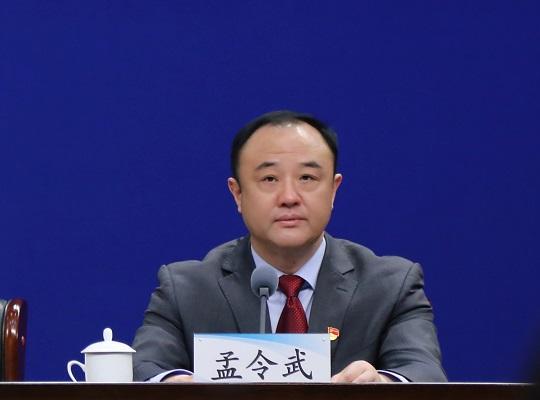
Meng Lingwu, member and deputy director of the Provincial Civil Affairs Department.
I am grateful to this reporter friend for his concern about the old-age service. According to the data of the seventh census, the proportion of people over 60 years old in China has reached 18.7%, which is 5.44 percentage points higher than that in the last decade. At the same time, it shows the characteristics of a large number of young elderly people and a high overall health and cultural level. Implementing the national strategy of actively responding to the aging population to better meet the needs of the elderly for a better life has put forward higher requirements for the construction of the old-age service system. In the way of providing for the aged, more than 90% of the elderly choose to provide for the aged at home and in the community. Therefore, the service of providing for the aged at home and in the community has become the focus of the construction of the service system for the aged.
During the "Fourteenth Five-Year Plan" period, our province will focus on the concerns of the masses, further fill the shortcomings of service facilities, improve the home community pension service network, improve the service quality, enhance the level of scientific and technological support, and accelerate the construction of a pension service system that combines the coordination of home community institutions with medical care and health care, effectively meeting the multi-level and diversified pension service needs of the elderly. Focus on three aspects:
First, promoting community pension services is more convenient and accessible. During the "Fourteenth Five-Year Plan" period, our province will speed up the construction of community old-age service facilities, require the construction rate of new community old-age service facilities to be 100%, and strive to build a comprehensive old-age service center with embedded old-age care institutions in more than 90% of the streets by 2025, and the coverage rate of home community old-age service will reach over 90%. It can not only enable the elderly to enjoy services in the community, but also provide on-site services for the elderly by community service points, so that the elderly in the province can enjoy the "15-minute home community pension service circle" and satisfy their desire for nearby and local pension services.
The second is to promote community pension services to be more efficient and intelligent. The province has invested 41.37 million yuan to support the construction of 17 smart pension service platforms. In March this year, the smart old-age service map was launched in our province. Through the map, you can inquire about the detailed addresses, telephone numbers and spare beds of nursing homes, community day care centers and street old-age facilities in the province, which is convenient for the elderly and their relatives to inquire. During the "Fourteenth Five-Year Plan" period, our province will build a three-level intelligent old-age service network, providing online and offline "a la carte" old-age service for the elderly in the province, so that the elderly can share a better life in the intelligent age.
The third is to promote more comprehensive and high-quality community care services. Cultivate and support the development of brand, chain and professional service institutions in various places. On the basis that most of the existing day care centers are limited to providing cultural and sports activities and their functions are relatively simple, they will increase the services such as helping meals, bathing, cleaning, medical care and emergency, so that the elderly can enjoy all-round services integrating life care, medical care and cultural entertainment. Work hard on service quality, build an accurate service system, and provide customized and accurate services for the elderly.
Everyone will be old, and every family has an old man. During the "Fourteenth Five-Year Plan" period, the provincial civil affairs departments will take the initiative in the national strategy of actively responding to the aging population, and strive to improve the sense of acquisition and happiness of the elderly in our province! thank you
Economic Daily reporter
This year’s Document No.1 of the Central Committee and Document No.1 of the Provincial Party Committee have made strategic arrangements for comprehensively promoting rural revitalization. Please tell us how the civil affairs department of Henan will promote the implementation of the rural revitalization strategy in the next step. Thank you.
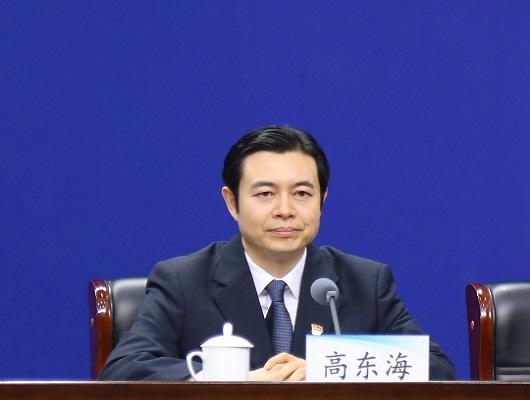
Gao Donghai, member and deputy director of the Provincial Civil Affairs Department.
Thank you for your attention to our work. The rural revitalization strategy is related to the modernization of agriculture and rural areas, the national food security, and the sense of gain, happiness and security of the broad masses of farmers. In recent years, we have adhered to the guidance of Socialism with Chinese characteristics Thought of the Supreme Leader in the New Era, especially the spirit of the important speech on the implementation of the rural revitalization strategy when General Secretary of the Supreme Leader attended the deliberation of the Henan delegation at the Second Session of the 13th National People’s Congress on March 8, 2019, taking the lead, improving quality and increasing efficiency, and promoting the rural revitalization strategy to be effective in the civil affairs field. First, strengthen organizational leadership, set up a leading group of the Provincial Civil Affairs Department to implement the rural revitalization strategy, regularly study and formulate specific measures, and promote the important exposition of the Supreme Leader General Secretary on the rural revitalization strategy. The decision-making arrangements of the central and provincial committees have taken root and blossomed. The second is to firmly grasp the bottom line of people’s livelihood, include 2.66 million rural poverty-stricken people who have set up files and established cards in the scope of subsistence allowances or special hardship support, extensively mobilize charitable forces and social organizations to participate in poverty alleviation, improve the care service system for left-behind children, left-behind women and left-behind elderly people in rural areas, and bring rural children who are actually left unattended into the scope of protection. The third is to innovate social governance, guide all parts of the province to do a good job in the election of village (neighborhood) committees, deepen the work law of "four discussions and two openness", carry out a special struggle to eliminate evils, continue to promote rural customs, and establish and improve a rural governance system that combines autonomy, rule of law and rule of virtue. Fourth, lay a solid foundation at the grassroots level, continue to strengthen the construction of rural civil service facilities, vigorously develop rural old-age services, and guide rural communities to carry out epidemic prevention and control in a solid manner.
Regarding the next step, we will fully implement the spirit of Document No.1 of the Central Committee and Document No.1 of the Provincial Party Committee, focusing on the following three aspects: First, solidly promote the consolidation and expansion of poverty alleviation achievements in the civil affairs field and effectively link them with rural revitalization. During the five-year transition period, we will maintain the overall stability of the minimum living security policy, improve the dynamic monitoring and early warning mechanism for low-income groups, continue to do a good job in the follow-up assistance for ex situ poverty alleviation and relocation, and effectively improve the level of community governance. The second is to vigorously implement rural construction actions in the field of civil affairs. Establish and improve a hierarchical and classified rural social assistance system; Strengthen care services for rural left-behind children and women, the elderly and children in distress; Coordinate the construction of urban and rural old-age care service system, and develop rural inclusive old-age care services and mutual support for the elderly; Strengthen the construction of rural civil service facilities and do a good job in the prevention and control of normalized epidemics in the civil affairs field. The third is to continuously innovate rural social governance. Strengthen the modernization of grassroots social governance system and governance capacity, and improve the intelligent level of rural public services and social governance; Innovate the linkage mechanism between community and social organizations, social workers, community volunteers and social charity resources; Continue to carry out the pilot work of marriage custom reform, deepen the funeral reform, and lay a solid foundation for cultivating civilized rural style, good family style and simple folk customs. thank you
China Net reporter
We know that the implementation of the Civil Code and the newly revised Law on the Protection of Minors has given the civil affairs department more functions in the protection of minors. What are our plans to promote the welfare and protection of children during the Tenth Five-Year Plan period? Thank you.
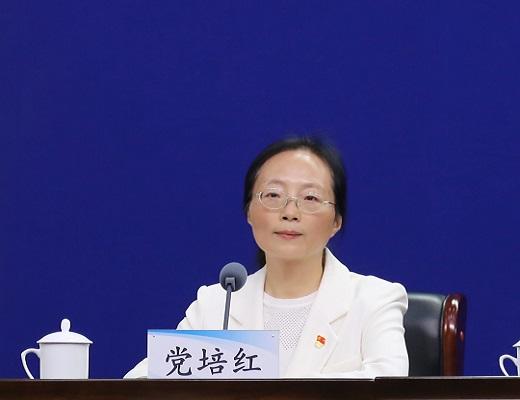
Party Peihong, member and deputy director of the Provincial Civil Affairs Department
Thank you for your question. The implementation of the two laws has given the civil affairs department two new tasks. One is to implement the state’s responsibility of guardianship, and the other is to take the lead in the protection of minors. This means that the children’s work that the civil affairs department is responsible for has expanded from the welfare for specific children groups in the past to the welfare protection for children and the care and protection for all minors in need.
In order to implement the new functions entrusted by the state and laws to the civil affairs department for children’s work, during the "Fourteenth Five-Year Plan" period, we will focus on the following aspects on the basis of implementing the principle of being most beneficial to minors.
First, strengthen the classification guarantee for children in distress
The first is to improve the child welfare security system. Gradually broaden the scope of protection for children in distress, such as orphans and children who are actually left unattended, carry out services that facilitate the people and benefit the people, improve the level of precise protection and refined services, and ensure that eligible children in distress should be guaranteed; The second is to promote the establishment of a dynamic adjustment mechanism for the basic living standards of orphans and de facto unaccompanied children to ensure the continuous improvement of their living standards.
Second, improve the child welfare service facilities
The first is to promote the optimization, upgrading and transformation of children’s welfare institutions. Ensure that each provincial city and Jiyuan demonstration zone has a regional child welfare institution with appropriate number of children, complete facilities and standardized internal management, which integrates parenting, treatment, education, rehabilitation and social work; The second is to promote the construction of minors’ rescue and protection institutions. Strive to have an entity in every provincial city and every county (city) to carry out the rescue and protection of minors; The third is to promote the construction of Children’s Home, and strive to achieve a coverage rate of more than 40% in Children’s Home by the end of the 14th Five-Year Plan.
Third, establish and improve the care and protection mechanism for minors.
First, promote the establishment of a coordination mechanism for the protection of minors at all levels of government, and coordinate, supervise and guide relevant departments to do a good job in the protection of minors; The second is to guide towns (streets) to set up workstations for the protection of minors, and support village (neighborhood) committees to set up special posts to do a good job in the protection of minors; Third, guide village (neighborhood) committees and social organizations to report and deal with incidents of missing or improper child custody in a timely manner, and consolidate the mandatory reporting system; The fourth is to further improve the care and service system for left-behind children and children in distress in rural areas, guide grassroots civil affairs departments, township people’s governments and village (neighborhood) committees to implement care and protection measures such as dynamically updating the information of left-behind children and children in distress, urging guardians to perform their responsibilities as guardians according to law, and visiting and inspecting spiritual comfort; Fifth, support, cultivate and guide social forces to participate in the protection of minors, and ensure that by the end of the 14 th Five-Year Plan, every county (city) has a social organization that provides care services for rural left-behind children and children in distress. thank you
Dahe daily reporter
We know that at present, decisive victory has been achieved in tackling poverty and the problem of absolute poverty has been solved historically, but people with low-income difficulties will exist for a long time, and it is easy to slip into poverty again if they are not careful. Excuse me, how will we consolidate and expand the achievements of poverty alleviation and ensure the basic livelihood of the people in need in the next step? Thank you.
Dang Peihong
Thank you for your concern and support for civil affairs. After poverty alleviation, the scope of the civil affairs departments’ protection is more extensive. In addition to urban and rural low-income objects, extremely poor people and temporary relief objects, the low-income population including marginal families with low-income and families with expenditure difficulties has also increased. The task of consolidating and expanding the achievements of poverty alleviation is still arduous. In the next step, we will focus on three aspects.
The first is to consolidate and expand the achievements of poverty alleviation. We will implement the requirements of "four noes" and integrate rural social assistance into the rural revitalization strategy. On the basis of maintaining the overall stability of the policy, we will appropriately expand the coverage of the minimum living allowance, and include seriously ill and disabled people in low-income families in the minimum living allowance with reference to "single-person households", focusing on the implementation of policies such as "gradual retirement period", "classified insurance" and "employment cost deduction" Improve the monitoring and early warning mechanism, and timely bring eligible people in difficulty into the scope of subsistence allowances or special hardship. In accordance with the requirements of the Ministry of Civil Affairs, we will carry out "looking back" to consolidate the results of poverty alleviation through social assistance and consolidate and enhance the special treatment of rural subsistence allowances, so as to avoid returning to poverty on a large scale due to "losing insurance" and "missing insurance".
The second is to reform and improve the social assistance system. Thoroughly implement the "Implementation Opinions on Reforming and Perfecting the Social Assistance System" issued by the General Office of the Provincial Party Committee and the General Office of the Provincial Government, and improve the social assistance system based on basic living assistance, supported by special social assistance, supplemented by emergency social assistance and supplemented by social forces. We will improve temporary assistance and life without assistance from vagrants and beggars, and provide emergency and transitional life support to families or individuals whose basic lives are temporarily in trouble due to sudden, urgent and catastrophic difficulties, which are unable to be solved by themselves and their families, which can not be covered by other social assistance systems for the time being, or who still have difficulties after assistance. Deepen the "streamline administration, delegate power, strengthen regulation and improve services" reform of social assistance, and gradually delegate the review and confirmation authority of social assistance such as subsistence allowances, destitute and small temporary assistance to towns (streets). We will carry out the pilot work of social assistance reform and innovation, and actively explore the application for social assistance in the place of residence, the active assistance of village (community) organizations, and the integration of urban and rural social assistance systems.
The third is to continuously improve the level of management services. Actively develop service-oriented social assistance, increase the government’s efforts to purchase social assistance services, and provide psychological counseling, social integration, resource linking and other services for those in need. Build a dynamic monitoring information platform for low-income population, improve the cross-departmental, multi-level and information-sharing mechanism for checking the economic status of social assistance families, explore the establishment of a social assistance resource pool, improve the informationization level of social assistance, promote the expansion from applying for assistance to actively finding assistance, and promote more standardized assistance management and warmer service. Thank you.
Henan Daily reporter
We have learned that Puyang City has always attached great importance to social assistance, and has taken the lead in implementing the reform of "Party Building+Social Assistance" in the province, with good results. Please tell us about Puyang’s specific experience in this regard? Thank you.
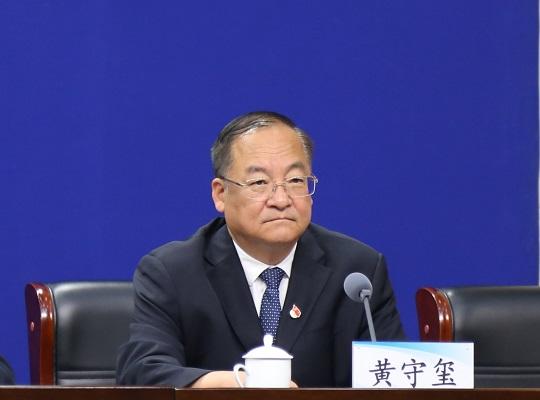
Huang Shouxi, Vice Mayor of Puyang Municipal People’s Government
In recent years, under the correct leadership of the provincial party committee and the provincial government, and with the strong support of the provincial civil affairs department, Puyang adheres to the people-centered development idea, and constantly innovates the system and mechanism in accordance with the general idea of ensuring the basics, grasping the bottom line, saving the emergency and being sustainable, effectively enhancing the bottom-up guarantee function, continuously consolidating the achievements of tackling poverty, and continuously enhancing the sense of gain, happiness and security of the people in need.
The effectiveness and practice of social assistance in Puyang city can be summarized as four sentences:
The first sentence: the bottom guarantee has achieved new results. The city has successively issued policy documents such as "Thirty Opinions on Basic Living Security for People in Difficulties in Puyang City" and "Action Plan of Social Assistance for Poverty Alleviation in Puyang City", focusing on three groups: households who have not been out of poverty, poverty-stricken monitoring households and poverty-stricken marginal households, implementing the policies of minimum living security, special hardship and temporary assistance, implementing dynamic monitoring and management, and consolidating and expanding the achievements of poverty alleviation and effectively connecting with rural revitalization. In the past five years, a total of 590 million yuan of low-income insurance, 170 million yuan of special hardship support and 28 million yuan of temporary assistance have been distributed to the poor people who have established the card.
The second sentence: New progress has been made in system design. This year, our city took the lead in promulgating the Implementation Measures for Reforming and Perfecting the Social Assistance System in Puyang City, established a new mechanism of social assistance work under the leadership of the Party Committee, the responsibility of the government, the leadership of civil affairs, the coordination of departments and social participation, and built a new social assistance system based on basic living assistance, supported by special social assistance, supplemented by the participation of social forces, forming a new pattern of social assistance with hierarchical classification, urban and rural planning and complete system, which is a high-quality development of social assistance in the city.
The third sentence: New breakthroughs have been made in reform and innovation. The Implementation Plan for Implementing the Reform of "Party Building+Social Assistance" in Puyang City was formulated and issued. According to the working idea of "Party Building Leading, Resources Overall Planning and Policy Innovation", the social assistance work was clearly included in the rural "Four Discussions and Two Openness" and urban grassroots party building work, and the implementation plan of social work station project was issued in the name of the municipal government, which strengthened the party’s overall leadership over social assistance work, further enhanced the social assistance service capacity and enhanced the social assistance bottom-up guarantee function. From April 15th to 16th, the promotion meeting of social assistance reform and innovation in Henan Province was held in our city, and the experience and practice were promoted by the whole province.
The fourth sentence: the subsidy level has been newly improved. The Guiding Opinions on Further Standardizing the Formulation and Adjustment of the Minimum Living Security Standard for Urban and Rural Residents was issued. According to the principle of "short-term fluctuation, granting subsidies, continuously rising and adjusting standards", a dynamic adjustment mechanism was established and started in a timely manner, which effectively guaranteed the basic livelihood of the people in difficulty and made the level of protection adapt to economic and social development. From 2016 to 2020, the per capita monthly subsidy for urban subsistence allowances in our city increased by 19.2%, and that for rural subsistence allowances increased by 34.8%; The annual subsidy level of decentralized support for rural poor increased by 84.7%, and the annual subsidy level of centralized support doubled.
Mission calls for responsibility, and mission leads the future. In the next step, with the strong leadership of the provincial party committee and government and the strong support of the provincial civil affairs department, Puyang will continue to strive for the first place, be upright and innovative, strive to write a new chapter in the development of civil affairs during the 14th Five-Year Plan period, and celebrate the 100th anniversary of the founding of the Party with outstanding achievements! thank you
Henan Radio and Television Station, Elephant Journalist
At present, in some rural areas, there are still some stereotypes such as high-priced bride price, thick burial and thin support. Ningling county, as an old model of marriage custom reform, has made good achievements in marriage custom reform. Would you please tell us something about it? In addition, in April this year, the Ministry of Civil Affairs confirmed Ningling County as a national experimental area for the reform of marriage customs. Excuse me, how will we better promote the reform of marriage customs in the next step? Thank you.
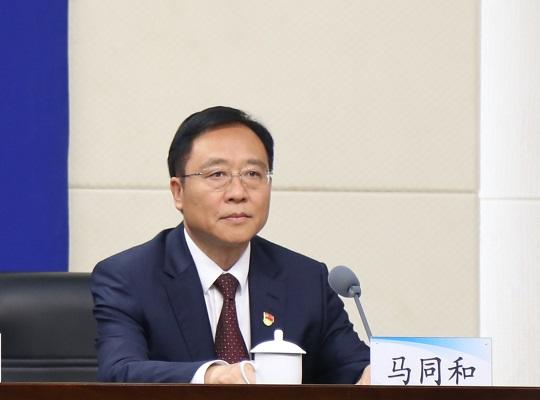
Ma Tonghe, deputy secretary of Ningling County Party Committee and county magistrate
I am very grateful for this reporter’s question and the concern and support of the media here for Ningling. Since 2016, Ningling County has carried out the reform of marriage customs, made some useful attempts and explorations, and achieved certain results. On April 7, 2021, it was confirmed by the Ministry of Civil Affairs as a national experimental area for marriage customs reform. We mainly explored in the following aspects:
First, strengthen leadership and publicity. The county set up a leading group for the reform of marriage customs headed by the main leaders of the county, and formulated and issued an implementation plan. Organizations, propaganda, trade unions, youth league committees, women’s federations, civil affairs departments actively participated, and towns and villages (residential) all set up red and white councils, forming a strong joint force of county party Committee leadership, government responsibility, departmental coordination and social participation in the county. Make use of village radio, publicity column, cultural wall, etc. to carry out publicity, create a profound atmosphere, and the marriage custom reform policy is well known and deeply rooted in the hearts of the people.
The second is to lay a good foundation and build a good position. There will be a cultural exhibition hall for changing customs in the county, a village history museum, a village new era civilization practice station, a rural banquet hall and other places. The history and culture of 364 administrative villages in the county were excavated, and the Village History of Ningling County was published. The marriage registration office has been upgraded, equipped with family counseling room, mediation room, certificate issuing hall, etc. according to the national 5A standard, and made every effort to build a marriage registration place in the new era.
The third is to demonstrate and lead and carry out activities. Shoot family photos, and carry out activities such as voluntary service, family style story telling, family style training and so on. Group weddings and "zero bride price" blind date were held, the main leaders of the county personally married the couple, and caring enterprises provided jobs for the couple. Actively carry out a number of selection activities such as "Hometown Xian, Filial Piety", "Good Family Style, Good Family Training", "Good Mother-in-law, Good Daughter-in-law" and "Top Ten Moral Models".
The fourth is to set standards and impose strict penalties. The discipline inspection and supervision department draws a "red line" for public officials, especially party member cadres; The organization department will bring civilized and thrifty weddings and funerals into the education and management of cadres in party member. Incorporate the wedding and funeral affairs into the village rules and regulations, formulate the regulations on the handling of red and white affairs, and clarify the standards, scale and punishment measures. Advocate the formulation of the height limit standard of bride price and the standard of bringing guests for red and white events.
In the next step, we will further refine the measures, further promote and upgrade, and continue to do a good job in the reform of marriage customs.
The first is to grasp propaganda and lead. Continue to play the guiding role of news and public opinion, set up columns in county TV stations, publicize relevant policies and typical practices, broadcast public service advertisements, and publish open letters for positive guidance. Carry out good family style, good family education and good family training into family, community, village, campus and enterprise activities. Carry out voluntary service activities and carry out publicity and education relying on social voluntary service organizations.
The second is to grasp the system construction. Implement the system of regular research work, improve the management system of cadres in party member, and establish a supervision and assessment mechanism. Establish and improve the rules and regulations such as "Village Regulations" and "Articles of Association of Red and White Council" to form a long-term management mechanism. Continue to advocate the implementation of the high standard of bride price and the standard of bringing guests for weddings and funerals.
The third is to grasp the integrity and innovation. Actively promote the innovation of marriage certification service and establish a certification system. In Yingbin Park, we will build an outdoor certification plaza and a blind date plaza to create a "online celebrity punch point" in Ningling. Formulate preferential employment policies to promote marriage and love through employment and entrepreneurship. Excavate and sort out the humanistic spirit and moral norms contained in the regional wedding custom culture, and sort out and publish relevant books. Deepen the evaluation activities of star-rated civilized households, innovate the evaluation form, and mobilize the enthusiasm of social forces and the masses to participate.
The fourth is to consolidate and improve. Continue to increase investment in the experimental area, build village history museum, cultural square, new era civilization practice station and banquet hall, shoot family photos, and explore the history and culture of each village. Organize regular activities such as group weddings and youth blind dates to guide young people to establish correct values and views on marriage and love.
I’d like to introduce you here first, and thank the higher party committees, governments and media friends for their concern and support for Ningling.
Niu Suling
Thank you for your questions, and thank you for your detailed answers! That’s all for today’s live questioning session. If you have other concerns, you can contact the Provincial Civil Affairs Department for an in-depth interview after the press conference.
People’s livelihood is no small matter, and branches and leaves are always related to love. Civil affairs work is an important part of basic livelihood security, grass-roots social governance and basic social services, and it is a good deed of virtue and politics to help the poor. Through the release just now, we know that during the "Tenth Five-Year Plan" period, the civil affairs work in the province will build a new pattern of civil affairs development with more complete system, more complete system, wider coverage and more powerful functions, which is more suitable for the level of economic and social development, and the people’s sense of gain, happiness and security will be further enhanced. Here, I hope that all news media can continue to pay attention to the development of civil affairs in our province, do a good job in publicity and reporting, spread the good voice of civil affairs, convey the positive energy of civil affairs, make the image of civil affairs warm and deeply rooted in the hearts of the people, and create a good public opinion atmosphere for comprehensively promoting the high-quality development of civil affairs during the 14 th Five-Year Plan period.
This concludes today’s press conference. Thank you publishers! Thank you, journalists and friends! Goodbye.
